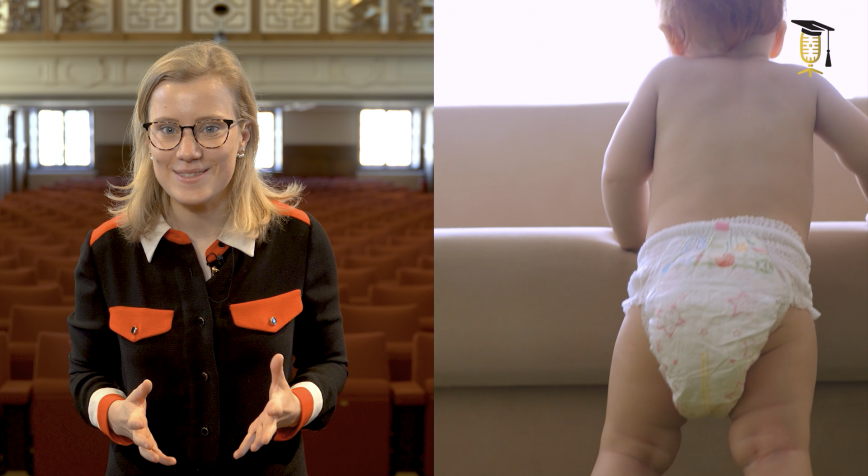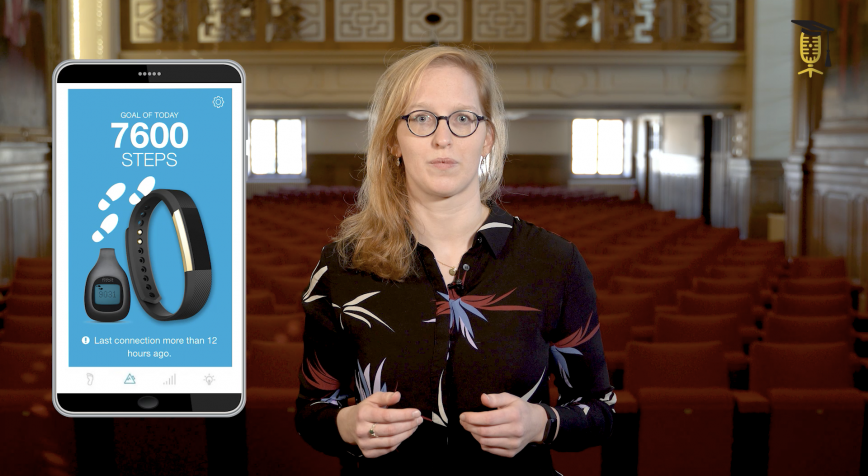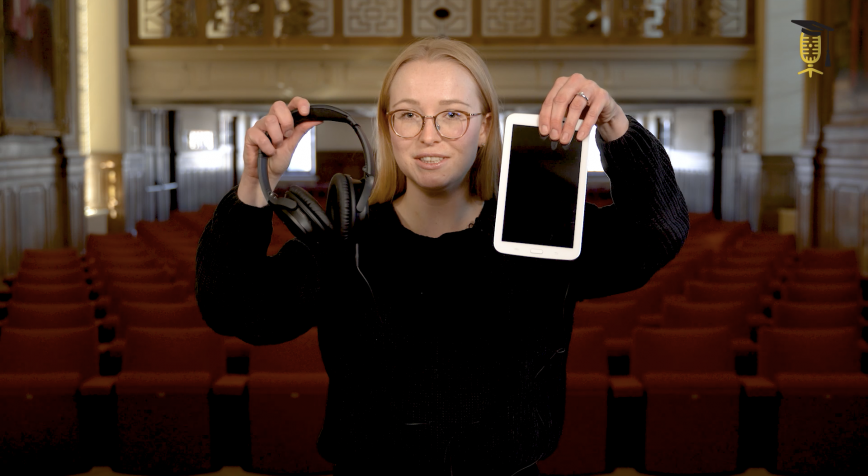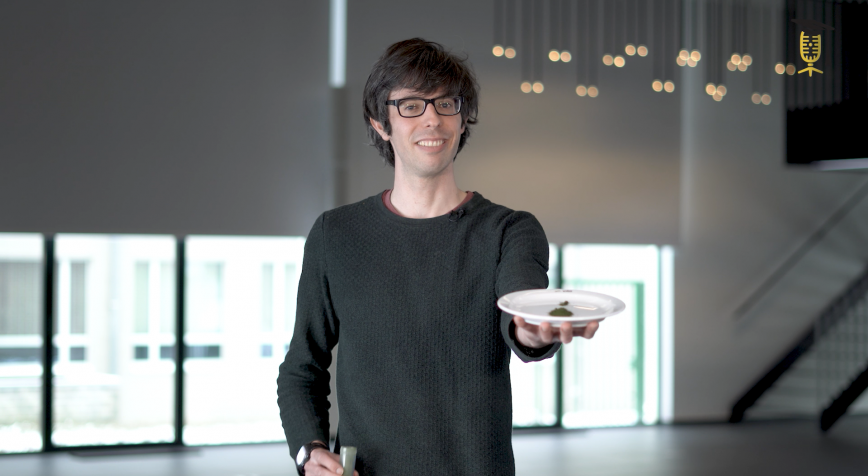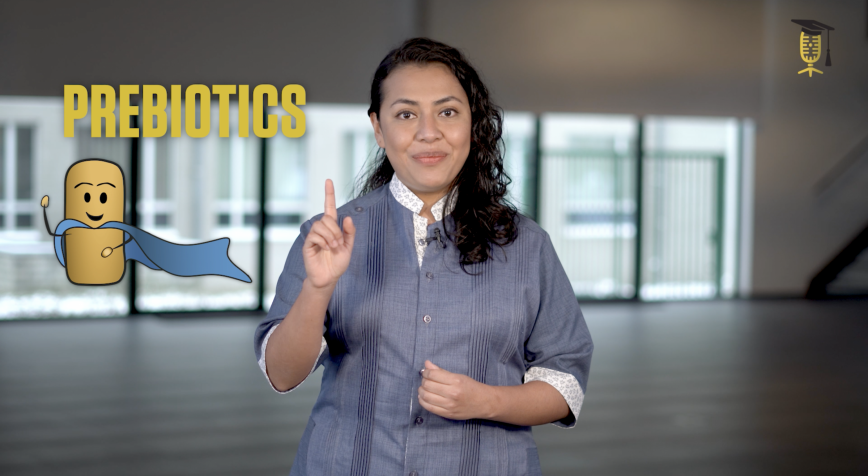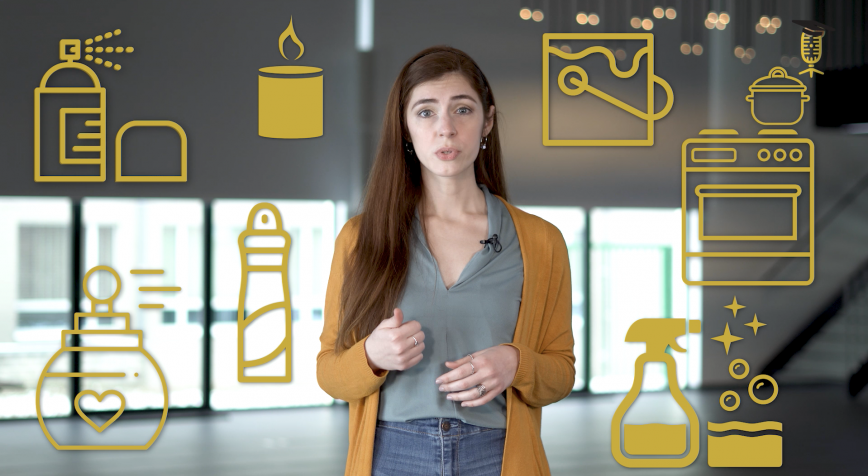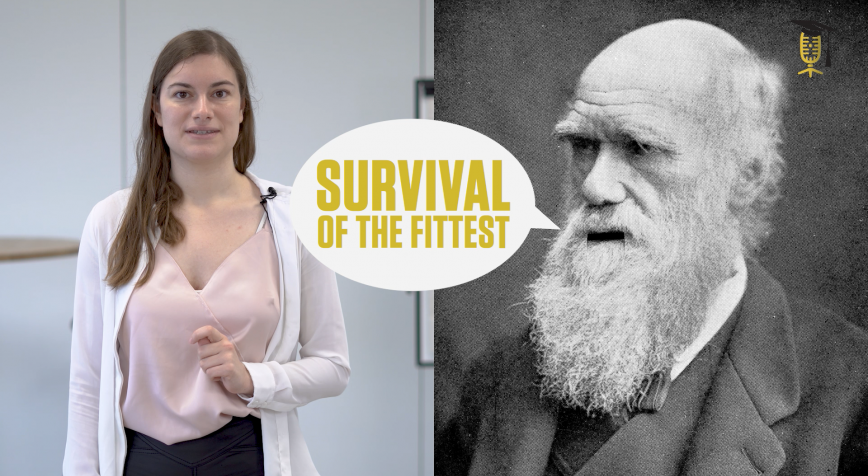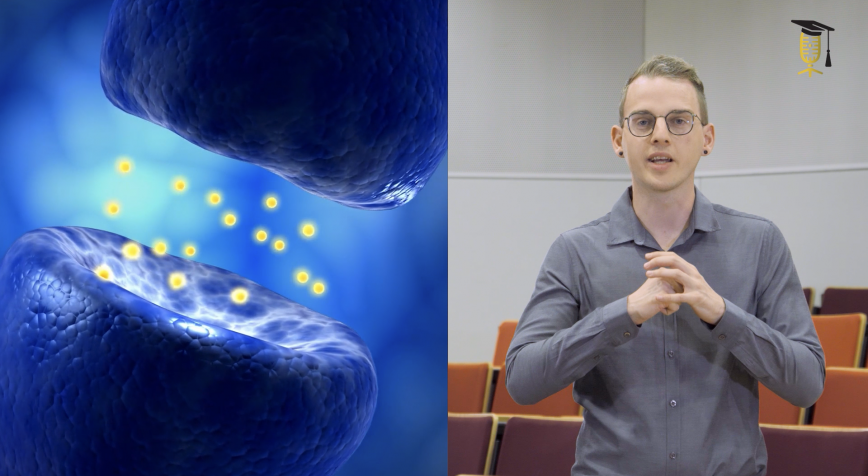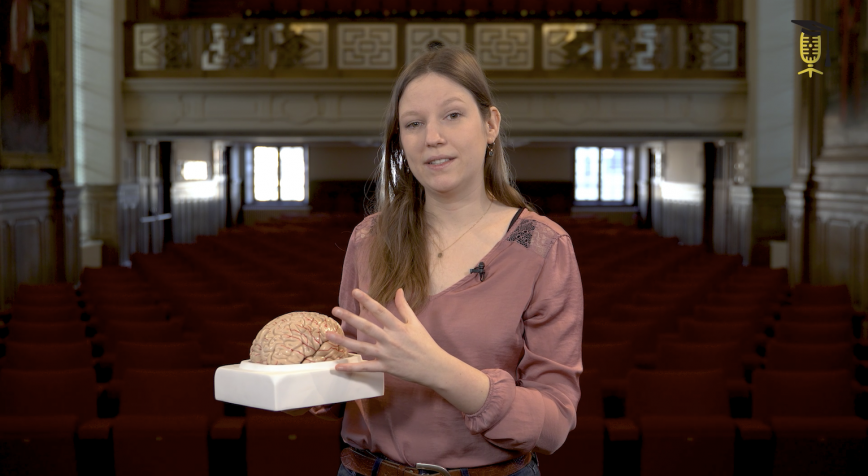
KU Leuven
Language recovery after a stroke
Can you recover from aphasia after a stroke? And how long does it take? At the moment no doctor can immediately answer these questions. Klara Schevenels (KU Leuven) wants to give patients with aphasia after a stroke a quick and reliable prognosis so that they have a reliable window on the future.
